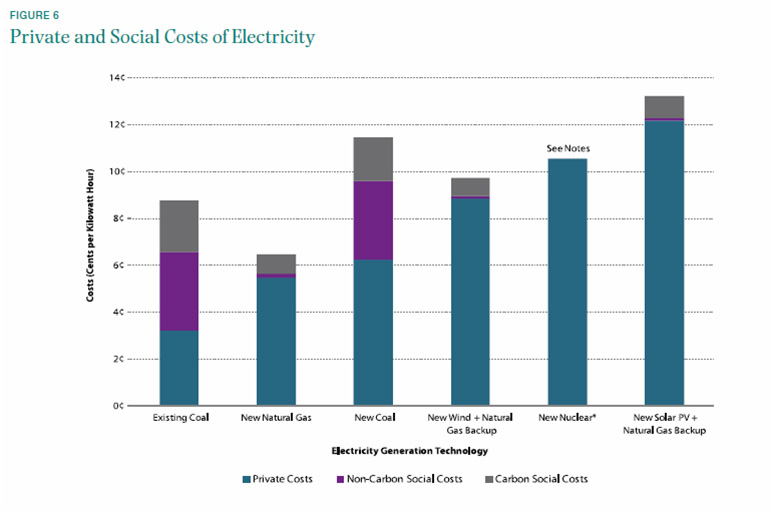Professor Finkler will join Provost Burrows and our new women’s basketball coach Carr to cycle the the Scenic Shore 150 a two-day 150-mile bike ride along the shore of Lake Michigan on July 23-24th. This year’s goal is to raise $700,000 for the Wisconsin chapter of the Leukemia and Lymphoma Society to support research and to help patients with blood cancers live better, longer lives (http://www.lls.org/).
We invite you to join our effort this year. To contribute online, use the cumbersome link below and select any of the Mythical Beasts as the vehicle for your contribution.
(http://wi.llsevent.org/pledge/team_listing.cfm?415F22087C090E0405650147515B357A050A07760D72675E431557555F570D3D0807) [or use http://wi.llsevent.org and follow DONATE]
If you would prefer to contribute by check, you can send a check, made payable to the Leukemia and Lymphoma Society, to any of the Mythical Beasts team members listed below.
Mythical Beasts – 2011
Andy Boryczka
Dave Burrows
Tara Carr
Marty Finkler
Kathy Greene
Teresa Leopold
Brock Spencer
Pablo Toral
Ruth Vater
Sue Vater Olson

 The weekly
The weekly 

 Speaking of Hayek, late last week the libertarian Cato Institute hosted a blockbuster panel on The Constitution of Liberty, which was just
Speaking of Hayek, late last week the libertarian Cato Institute hosted a blockbuster panel on The Constitution of Liberty, which was just  It’s here, the second major production from Russ Roberts and John Papola (all new mustaches!). Keep in mind, these guys are sympathetic (clearly) to the Austrian views.
It’s here, the second major production from Russ Roberts and John Papola (all new mustaches!). Keep in mind, these guys are sympathetic (clearly) to the Austrian views. Don Gerard
Don Gerard Today it is election day, so economists around the country —
Today it is election day, so economists around the country —